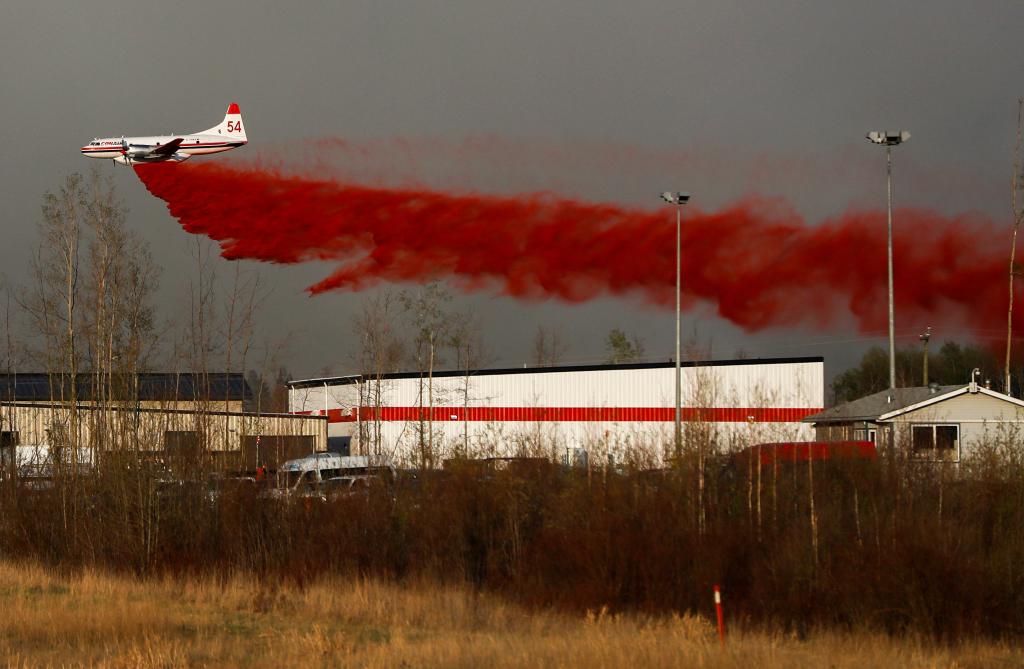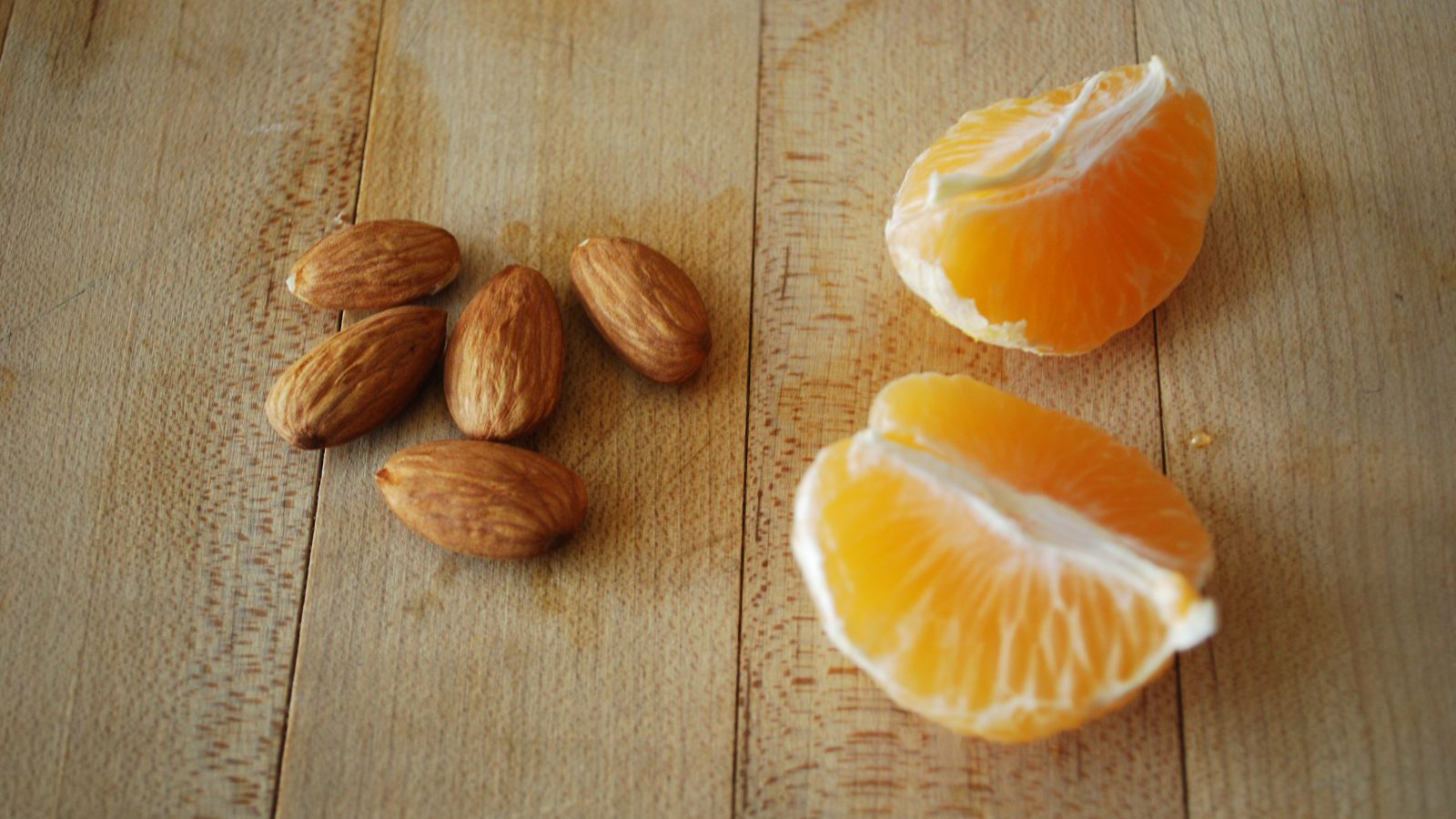Q. Dear Umbra,
I love clementines and would hate to give them up. So portable, delicious, and convenient. However, I recently read that the clementines and mandarins that come from California are watered with fracking wastewater. Is this true? If so, are there any organic clementines available? Do the organic standards take into account what type of water is used in the growing of fruits and vegetables?
Elizabeth R.
Chicago, Ill.
A. Dearest Elizabeth,
Oh, I love clementines too: They rival bananas for mess-free packability, they’re oh-so-easy to eat, yummy, and stuffed with Vitamin C, plus, yes, they’re darn cute. So it’s disturbing indeed to imagine these perky mini-fruits hiding a dark secret. (Well, a secret any darker than what already haunts most citrus products.) Let’s peel back the uh, peel and take a closer look, shall we?
First off: Yes, as Grist and other outlets have written before, some California crops are indeed irrigated with water from the state’s oilfields. But “fracking wastewater” it’s not, not quite: There’s not much fracking going on in the area in question, and in any case, wastewater from that particular extraction method must be injected back underground, not reused. And it’s not exactly “waste” water, either: We’re dealing with what’s called produced water, or water sucked up in the course of oil and gas drilling ops. This water undergoes treatment before it’s allowed near any crops, but it isn’t thoroughly tested for toxics.
If this fact finds you feeling less comforted and more wanting to drop your clementine in horror, Elizabeth, I have more unsettling news for you. Oilfield byproducts have been watering our crops for 20 years or so, and not just adorable citrus fruits: This water is also used to grow pistachios, grapes, tangerines, and almonds. Which brings us to your larger question: Is all of this okay?
I posed your question to several experts, and this appears to be a matter of what we don’t know can hurt us — maybe. “We cannot say definitively that there are or are not any dangerous chemical additives in the produced water or in the produce, because we have never tested for them and because companies are not mandated to disclose what and how much of these chemicals they use,” says Dr. Seth B.C. Shonkoff, executive director of PSE Healthy Energy, visiting scholar at UC-Berkeley, and a member of a state food safety panel looking into this very issue. “We do know there are lots of chemicals going into oil wells, which go into produced water, which is sent to irrigation. Monitoring happens infrequently and there’s no monitoring of any of the chemical additives.”
Not exactly appetizing, is it?
Unfortunately, avoiding oilfield-watered produce gets a bit tricky. USDA organic standards will be of no help, as they don’t cover irrigation water used on organic crops. And though we know a few brands that raise their citrus and nuts using oilfield water, companies often source widely, and it’s anybody’s guess where any given orange in your clementine box came from. “I wouldn’t say stop eating citrus and almonds and pistachios,” says Shonkoff. “But if I knew a given crop was grown with oilfield produced water, I’d buy a different product.”
Let’s pause here for a familiar but especially relevant plug: support your local farmers. When you meet your growers at the farmers’ market, you can ask them directly what they use for irrigation. Buying and eating locally also helps support the economy in your area and cuts down on the impacts of shipping fruit all over the dang country. We should all eat locally as much as we possibly can.
If you find you still need your clementine fix, Elizabeth, I suppose you could look for fruits grown elsewhere, but that doesn’t address the root issue. The only way to ensure that your foods are free of weird chemicals, drilling-related or otherwise, is to ask questions — and then to stand up and yell for change. “The great power here is in banding together and demanding answers,” says Scott Smith, chief technology officer and investigator for the California nonprofit Water Defense. “The more consumers who ask questions right to the companies, the better. Can you tell us where these are grown? What kind of water is irrigating it?”
“There’s a lot consumers can do from a larger policy perspective” as well, adds Shonkoff. “Demand that there be independent scientific studies on this produced water before it’s deployed to irrigate crops.” This is especially important now, as California’s persistent drought means officials are considering expanding this kind of water reuse. So get busy calling, emailing, and tweeting at your favorite brands, get in touch with California’s water quality control boards, and tell your friends, too. Because although we are normally in favor of Reusing and Recycling here at Ask Umbra Headquarters, this is one practice that seems more than a little seedy.
Drippily,
Umbra



